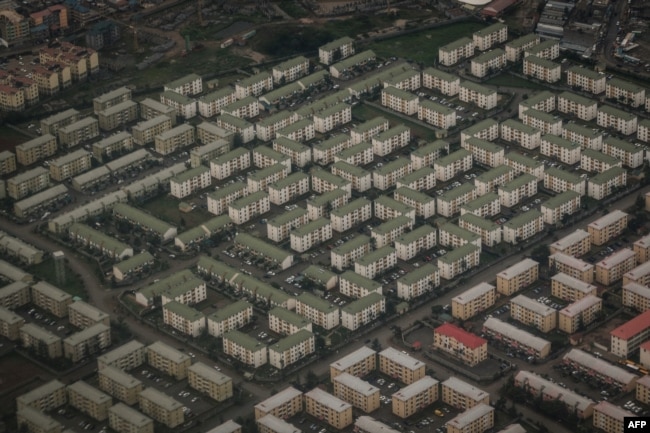Some 3,000 delegates, including four presidents, cabinet ministers, urban planners and population experts are attending the United Nations Habitat Assembly meeting this week in Nairobi. They are seeking better urban and sustainable planning to deal with rising populations as well the effects of climate change, VOA news reports.
At the inaugural U.N Habitat Assembly, delegates will put their heads together hoping to find solutions to make big cities more habitable.
For Africa, urgent solutions are needed as the United Nations estimates nearly half of the continent’s populations live in slums.
The theme of the summit is “Innovation for a better quality of life in cities and communities.” U.N. Habitat Director for Africa Naison Mutizwa-Mangaza says innovation will be key in transforming the continent’s urban areas.
“We hope there will be a lot of ideas shared on innovations on how to plan our cities, how to manage them, how to do transport in a more imaginative way and so on. For me it would be how to grow African economies using urbanization as a tool,” Mutizwa-Mangaza said.
The assembly is to be held every four years and comes as more people are living in urban areas than rural areas, posing a challenge for urban planners, according to Kenya’s President Uhuru Kenyatta.
“Inadequate shelter and unsustainable human settlement remain a key challenge. I urge partners to exchange ideas and best practices for improving our cities. And I therefore continue to urge member countries and partners to seize this opportunities during this United Nations Habitat Assembly to exchange ideas and best practices with a view of identifying practical solutions to improving our cities and human settlements,” Kenyatta said.
At the end of the five day summit, delegates plan to come up with a ministerial declaration with proposals on how to make cities more inclusive, safe, resilient and sustainable by 2030.
Maimouna Sharrif, director of U.N. Habitat, says coordinated action is needed.
“It means that we collectively need to get our urban growth process right to sort, and our urban growth process and our cities right to solve or mitigate these problems. This is important as some of these problems do not recognize regional or national boundaries,” Sharrif said.
The U.N. Habitat Assembly, will draw from the New Urban Agenda, a road map on urban development adopted by global leaders in 2016.

